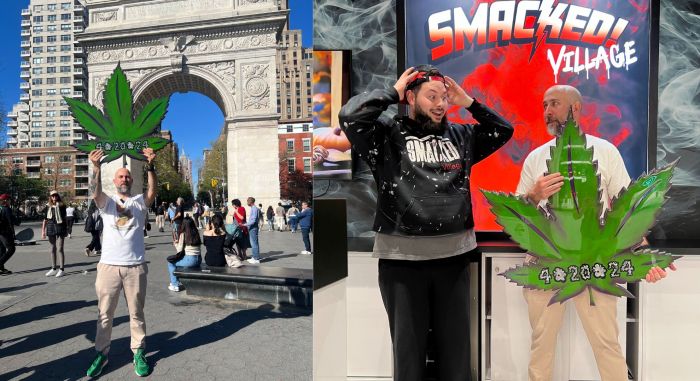By Gary Buiso
Reclusive chess icon Bobby Fischer died in a hospital in Reykjavik, Iceland on Jan. 17. He was 64 years old. The cause of death was kidney failure, according to several reports. Fischer catapulted to international stardom in 1972 when he crushed the Soviet Union chess star Boris Spassky in a Cold War clash of the titans to decide the world champion. Fischer was the first—and remains the only—American to win the World Chess Championship. Born in Chicago and raised in Brooklyn, Robert James Fischer was the son a German-born physicist named Gerard Fischer. His mother, Regina Wender, was a teacher and a nurse. His parents divorced when he was 2. He began playing chess at age six. By age eight, was taking lessons at the Brooklyn Chess Club. He attended Erasmus Hall High School but dropped out when he was 16, reportedly saying that school had nothing more to offer him. As Fischer once said, “Chess is life.” At 14, Fischer was the youngest-ever United States chess champion, a record that still stands. His Jan. 1958 victory at the U.S. Chess Championship in New York earned him the title of International Master, which at the time made him the youngest person ever to rise to that level. Eliot Weiss, the coach of seven-time national champion Edward R. Murrow High School chess team, described Fischer as “the Babe Ruth of chess.” “He is who everybody looks to when they want to study chess,” Weiss said. “His style is irreverent, wild in many ways,” the coach said. “Even when he was making mistakes, he was very close to brilliant.” He also played with the heart of a pit viper. “Chess is war over the board. The object is to crush the opponent’s mind,” Fischer once said. To win the world title, Fischer climbed back from a 2-0 deficit, winning 7, losing just one more and drawing 11 times. After the first two losses (the second was a forfeit) Fischer, known for his petulance and sense of entitlement, demanded that the remainder of the contest be held away from the hum of television cameras. He stormed back to victory in a small room, away from the world’s glare. “In a game that everyone knows how to play, Fischer came up with something brilliant—and he did that game after game,” Weiss said. “It’s amazing really to invent something that wasn’t there.” In 1975, Fischer lost the title when he refused to defend it against Anatoly Karpov because the international chess federation refused to accept his laundry list of conditions he wanted to attach to the match. Afterwards, Fischer withdrew from the public eye. He repeatedly turned down offers—and millions of dollars—to play competitive chess, and instead chose a life of solitude. In 1992, he took part in a rematch with Spassky. The $5 million match, which Fischer won (taking two thirds of the prize money), was held in war-ravaged Yugoslavia, in defiance of a United Nations embargo and a United States ban. After the match, Fischer would never return to America. Later in life, Fischer’s behavior grew increasingly strange. His mother was Jewish, but he made headlines for a series of anti-Semitic rants, and told a radio talk show host in the Philippines that the Sept. 11 terrorist attacks were “wonderful news.” “As much as he contributed, he took away from chess,” Weiss remarked. “But great genius always has deficits,” Weiss said. Fischer never married but had a daughter, Jinky Ong, in 2000, with companion Justine Ong. He was buried on Jan. 21 in the southern Icelandic town of Selfoss.

































